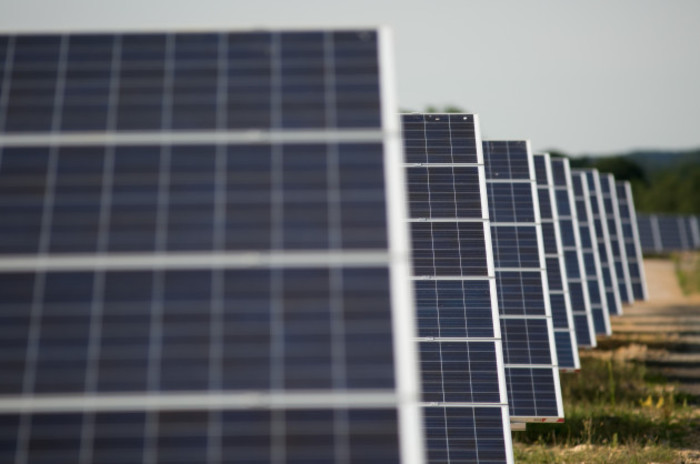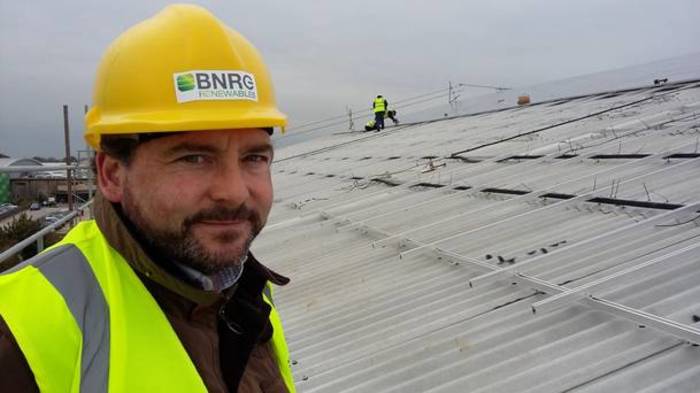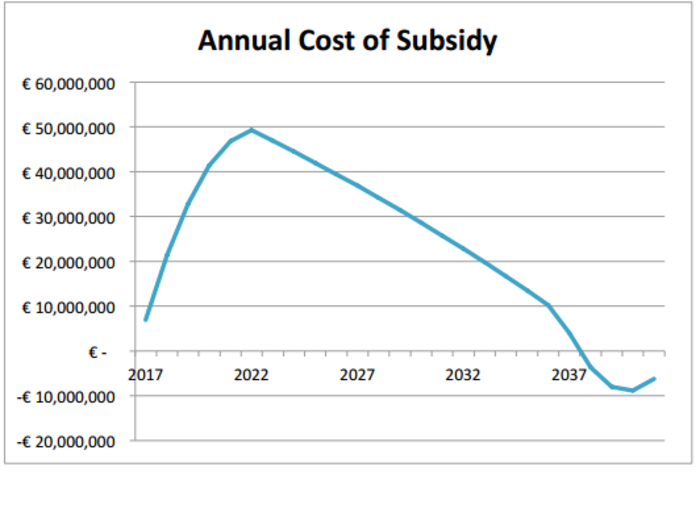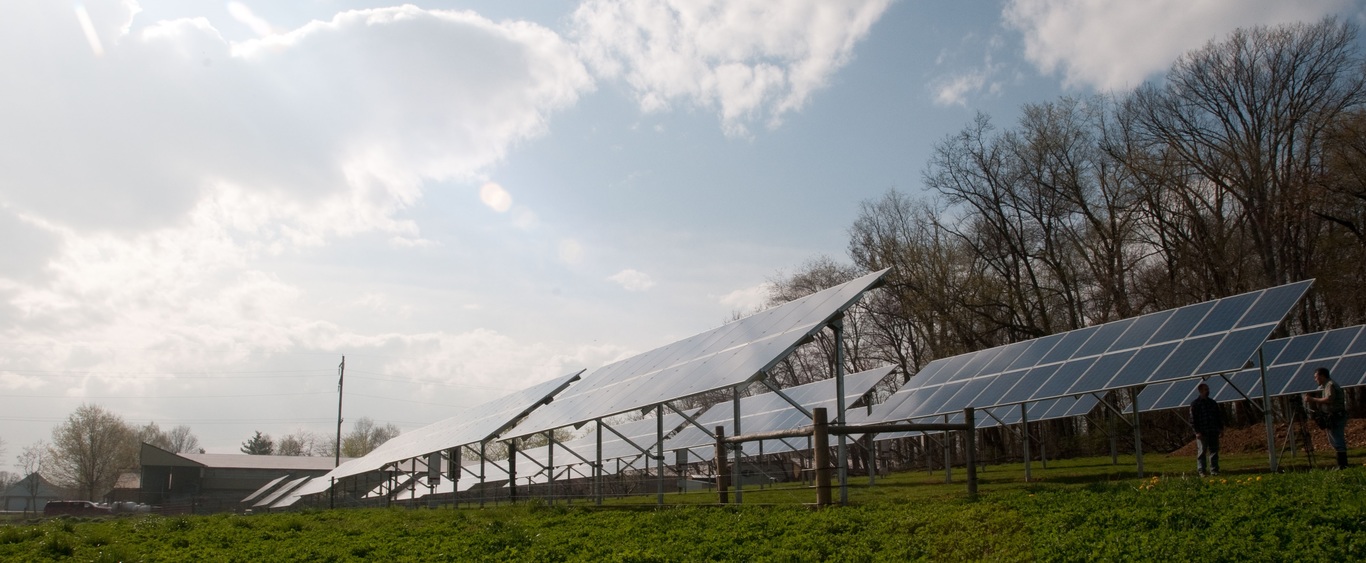Ireland's solar industry lobby thinks subsidies for the sector will save €300m a year
The Irish Solar Energy Association says only €25m in state support will reap massive benefits.
A SUBSIDY TO help kick-start the Irish solar industry could save the country €300 million in fines a year, according to the sector’s main lobby group.
The Irish Solar Energy Association (ISEA) today called on the government to introduce supports for the sector, which it claims will be vital if Ireland is to hit its renewable energy targets and avoid large penalties.
The ISEA said with the help of subsidies there could be as much as 2 gigawatts (GW) of solar capacity installed across the country by 2022. At the moment, Ireland is one of the few countries in the EU with no commercial solar industry.
It said that capacity would equate to about 7% of Ireland’s electricity needs and would make the state more likely to hit its overall energy targets and avoid fines.
While solar developers have recently been queuing up to build solar farms across the country, many say the industry is not viable without state support.
 A solar farm in the UK
A solar farm in the UK
EU targets
All EU member states have signed up to binding renewable energy targets, which in Ireland’s case includes producing 16% of its energy from renewable sources by 2020.
If the country undershoots, it could be hit with fines of between €100 million and €150 million for every percentage point it falls short.
As part of its targets, Ireland is also aiming to produce 40% of its electricity from renewables by 2020. In 2014 the country achieved just over half of this figure, 23%, from a combination of wind, hydro and biomass sources.
ISEA chairman David Maguire said that Ireland ”is facing a real challenge to meet these targets and avoid significant fines”.
“Despite the successful deployment of wind energy in Ireland, which enjoyed considerable state support, wind alone will not ensure that we reach that goal,” he said.
 ISEA chairman David Maguire
ISEA chairman David Maguire
“However solar, which is a material part of the established solution for other countries in Europe, is still in its embryonic state here.
“We are ready to deploy immediately and just need a support mechanism similar to that afforded to other technologies in order to kick-start the sector.”
Potential benefit
Maguire also pointed to a report carried out by KPMG which estimated that the solar industry could support as many as 7,300 full-time jobs here in development, construction and operations. In 2014, more than 85% of the energy used in Ireland was imported.
ISEA estimates that the subsidy for the sector would cost about €25 million per year, however it claims that, if developed, the industry could return €800 million in tax revenues by 2030.
 Estimated cost of solar subsidy by year
Estimated cost of solar subsidy by year
Maguire added that the organisation’s 100 members are “ready to go and have their applications in with local authorities right throughout the country”.
“We can start employing people very quickly and begin producing power within a very short time frame,” he said.
The government has said it is looking at the possibility of a solar subsidy, while a general pledge to help the industry develop was included in the latest plans for the next five years.






